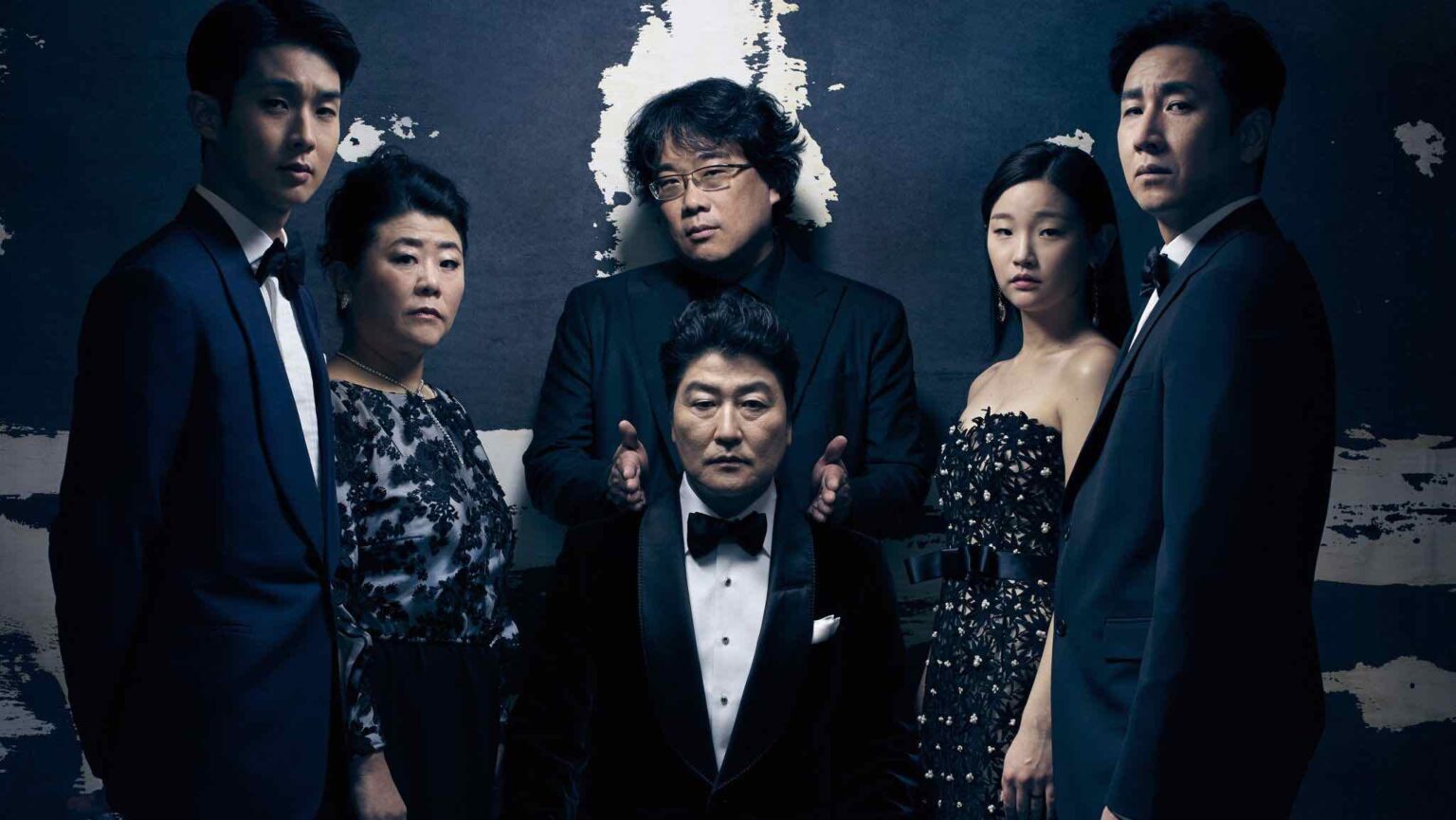
Here’s why Korean movies are better than recent Hollywood flicks
Before the chaos of 2020, Parasite made history winning the biggest prize in Hollywood, despite being a non-English language film from South Korea. Since its surprisingly successful box office run in U.S. cinemas, Parasite proved Western audiences might be ready for subtitled movies.
But Parasite wasn’t the first Korean film to make waves in the world of cinema. South Korea has had a cinematic boom since the 90s in an era known as the Korean New Wave. Here’s an overview of why Korea might be one of the best countries for cinema and the directors behind the fruitful cinematic era.

Korea’s love of movies
Film programmer & translator Darcy Paquet told BBC News South Korea has the “highest cinema attendance in the world, per capita”. Paquet also said South Korea “really loves film” and has “sophisticated” storytelling, giving other Korean directors the potential to gain popularity & fame with a new Western audience.
During one of his three Oscar wins, Parasite director Bong Joon-ho famously said, “Once you overcome the one-inch tall barrier of subtitles, you will be introduced to so many more amazing films”. With a newfound attraction to Korean media, especially thanks to Parasite & the mass appeal of K-pop, Western audiences appear to be more willing to watch films with subtitles.
Korea’s strive for excellence might be another reason for the extent of Korea’s acclaim, but another trend in Korean cinema is the way Korean films are thoughtfully made, have consistently high quality, and rarely fail to entertain.

Bong Joon-ho
For 21st century Korean cinema, Bong Joon-ho has proven to be one of the most important directors, as he broke the invisible barrier for directing Parasite, the first non-English international film to win Best Picture.
Bong’s immersive storylines & ability to work in multiple genres help make his films have massive appeal among a variety of audiences. Bong has made a variety of films from a crime thriller to a creature feature to a sci-fi thrill ride. Parasite arguably fits in too many genres to count, as it’s equal parts dark comedy, suspense, and crime movie all rolled up in one.
Bong’s films cover a wide amount of issues from climate change to class issues. By injecting a social message into a plot-driven film, Bong has the innate ability to project a message through his films while still being entertaining. Even when Bong has made his English-language films, Snowpiercer & Okja, Bong’s distinct style remains throughout each of his films, with each portraying an eccentricity seldom seen in Hollywood.
Lee Chang-dong
Another Korean powerhouse, Lee Chang-dong has been making waves in the film industry since his mind-bending second feature, Peppermint Candy. Lee explores intricately complex themes in each of his films, reflecting on his life while also building a story exploring the identity of his home country. His work has been analyzed in depth by film critics and historians have studied Lee’s place in the Korean film landscape.
Lee was also one of the first directors to reinvigorate the Korean film industry in the 90s and ignited the Korean New Wave. From his first feature Green Fish to his most recent film Burning, Lee consistently directs & writes top-notch cinema, making poetic & deeply profound films that are frequently lauded by critics.

Park Chan-wook
Provocative & out-of-the-box, Park Chan-wook might be controversial, but he’s one of the leading Korean directors creating wholly original films that have appealed to a massive audience. Park’s films are strange, thrilling, and, at times, a little outlandish, but he’s still managed to find a following who appreciate films that are slightly off.
With films like Oldboy, Thirst, The Handmaiden, & the Vengeance trilogy, Park’s films might not be for everyone, but he consistently manages to bring innovative twists to his films, giving his audience a fully entertaining experience. Like Bong Joon-ho, Park has made a few English language projects, making the psychological thriller Stoker & the thrilling limited series The Little Drummer Girl.

Hong Sang-soo
Sometimes exploring domestic life and sometimes making films about the movie industry, Hong Sang-soo has been repeatedly praised by film critics from around the world. Working with low budgets & utilizing a spontaneous style of filmmaking, Hong is seen as one of the leading independent Korean filmmakers.
Like many of his fellow Korean directors, is a frequent festival contender, having participated in Cannes, Venice, Berlin, & the Locarno Film Festival. He’s won several awards for his films and has worked with some of the best talents around the world including French veteran Isabelle Huppert.

Kim Jee-woon
Kim Jee-woon is one of the leading Korean filmmakers working in horror & action that have massive appeal for the mainstream. Kim has a wide variety of films from creepy films like The Tale of Two Sisters to his spaghetti western love letter with The Good, The Bad, The Weird to his gangster neo-noir A Bittersweet Life, starring international star Lee Byung-hun.
Some may think Kim’s filmography is more suitable for mainstream audiences, but his films are full of quality & are bubbling with fresh ideas, a common trait in Korean cinema. Unlike many Hollywood blockbusters, Kim still has an artistic eye to make a compelling movie while still being thoroughly enjoyable & thrilling.








